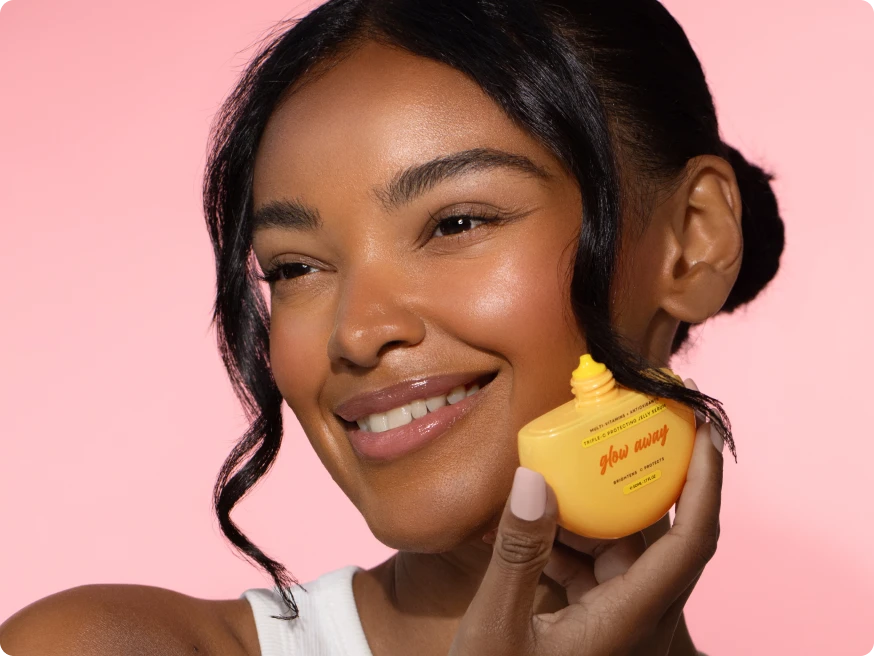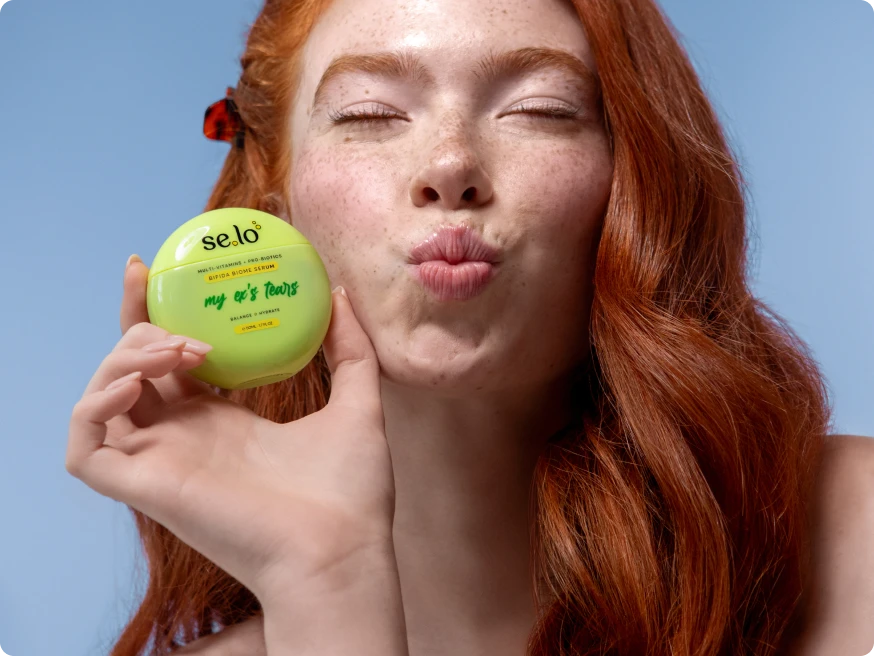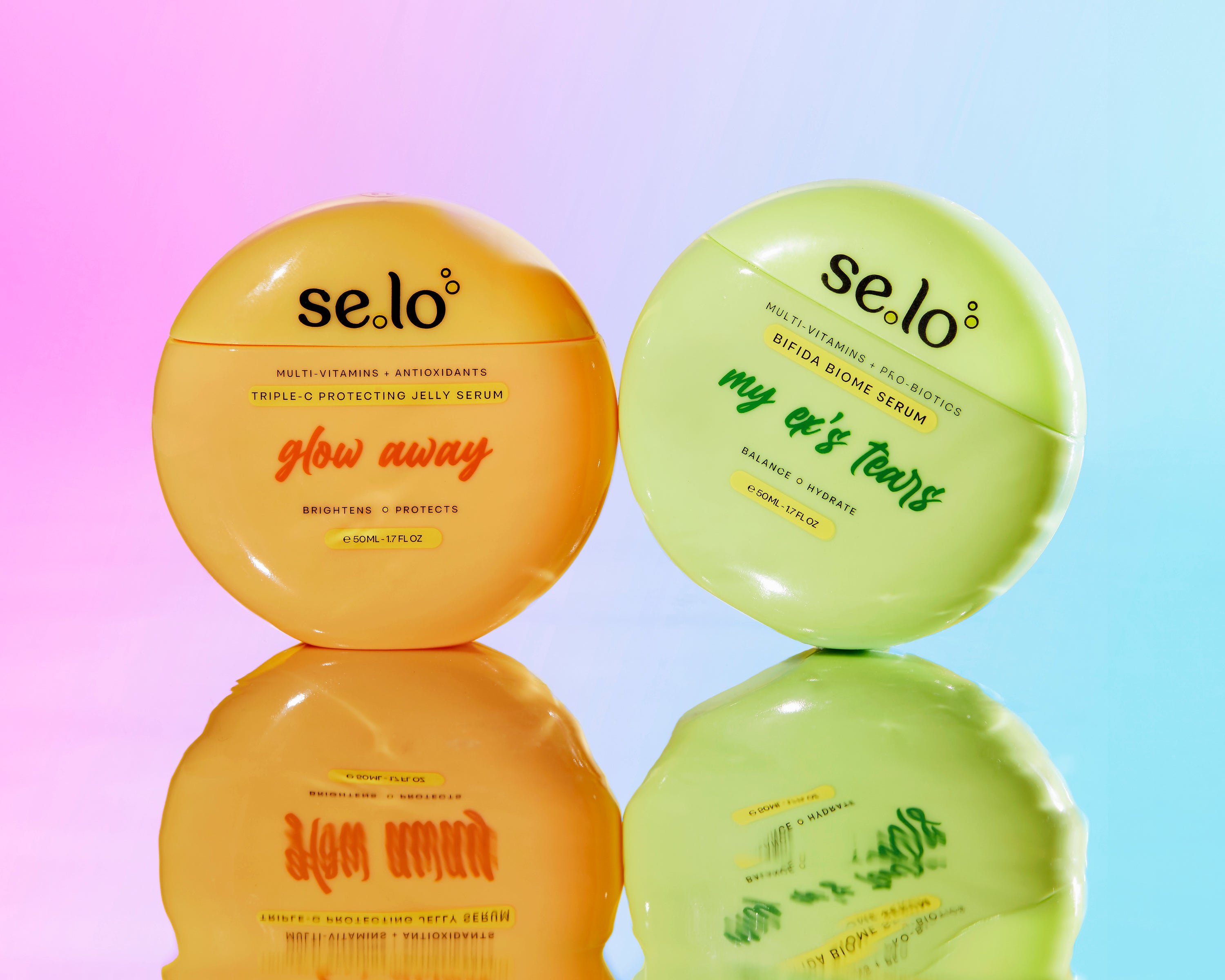Microbiome, probiotics, and our skin

Here’s everything you need to know about your skin’s microbiome—and why it’s so important
If you haven’t yet heard about the skin microbiome, trust us, you soon will. It’s the latest concept in skincare that has dermatologists and beauty brands alike buzzing, the so-called secret behind healthy, gorgeous skin. (Spoiler alert: It’s also why there’s been so much talk about probiotics and prebiotics in skincare.) But, what exactly is the skin microbiome and why should you care? Let us break it down for you.
What is the skin microbiome?
Simply put, this refers to the billions (yes, with a ‘b’) of bacteria and microorganisms that live on the surface of our skin. Yes, we get that there’s a certain ‘yuck factor’ here, but don’t be grossed out. These bugs are completely natural and actually beneficial for your skin. Keep in mind that not all bacteria are created equal; these are the good guys, different from the bacteria that cause things such as acne or infections.
Why is the skin microbiome important?
All of these microorganisms exist for a reason. Most importantly, they help maintain a strong and healthy skin barrier. The barrier is the outermost layer of our skin that acts as, well, a barrier between the rest of the skin and the outside world. It’s what’s responsible for keeping moisture from getting out and irritants from getting in. So when your skin barrier is compromised, your complexion quickly becomes dry, red, sensitive, itchy…insert another unpleasant adjective here. The microbiome also works by warding off harmful bacteria, balancing the skin’s immune response, and helping regulate the pH of our skin, all critical factors for keeping your complexion both looking and feeling good.
When it comes to the skin’s microbiome, it’s not only the number of bacteria present that’s important but also the different types. Microbial diversity—AKA having varied types of bacteria—equals a healthy and strong skin barrier. (Fun fact: Different parts of your face are home to different types of bacteria, in part due to varying levels of sebum and water that are naturally present.)
The nuances here are super complicated and we could easily go down a scientific rabbit hole, but here’s the bottom line. Your skin microbiome is crazy important for a wide variety of reasons. When it’s thrown out of whack you can end up with a plethora of unwanted issues such as acne, inflammation, dryness, and many, many more. But, what kinds of things mess with your microbiome, and, more importantly, what can you do about it?
How does skincare play a role in the microbiome?
Pretty much anything and everything we do to our skin—from touching our face to washing it—change the microbiome. Arguably, the skincare products we use have the largest impact. Using harsh and stripping ingredients, over-exfoliating, and applying topical medications… are just a few of the ways that we can upset this delicate balance and potentially wind up with the previously mentioned complexion concerns. So, what can you do about it? Here’s where skincare comes in.
How do probiotics in skincare affect the microbiome?
You probably think about probiotics in the context of something like yogurt or a daily supplement for gut health. Well, you better believe that that same good bacteria can work wonders for your skin when applied topically. There are a few things to look for when choosing skincare that’s going to be good for your microbiome. Yes, you want those probiotics, the actual live bacteria that help bolster what’s already on your skin, but it doesn’t stop there. You also need prebiotics, the food source for that good bacteria, and what helps them live and thrive. Postbiotics are important, too. These are the waste byproducts produced by probiotics, but are extremely beneficial and can do a host of different things. They even act as a natural type of antibiotic, killing the bad bacteria that can cause skin issues, acne included.
But guess what? Probiotics that are taken orally can help, too. More and more research shows a connection between gut health and skin health (and it’s already well-known that probiotics play an essential role in gut health). After all, your skin is your largest visible organ and a great visual representation of what’s going on with the rest of your body. Eating probiotic-rich foods—yogurt, kefir, anything fermented—is a great move, as is considering a probiotic supplement.
At the end of the day, there’s no underestimating the importance of the skin microbiome and it’s definitely something worth keeping in mind as you shop for skincare.
0 comments





